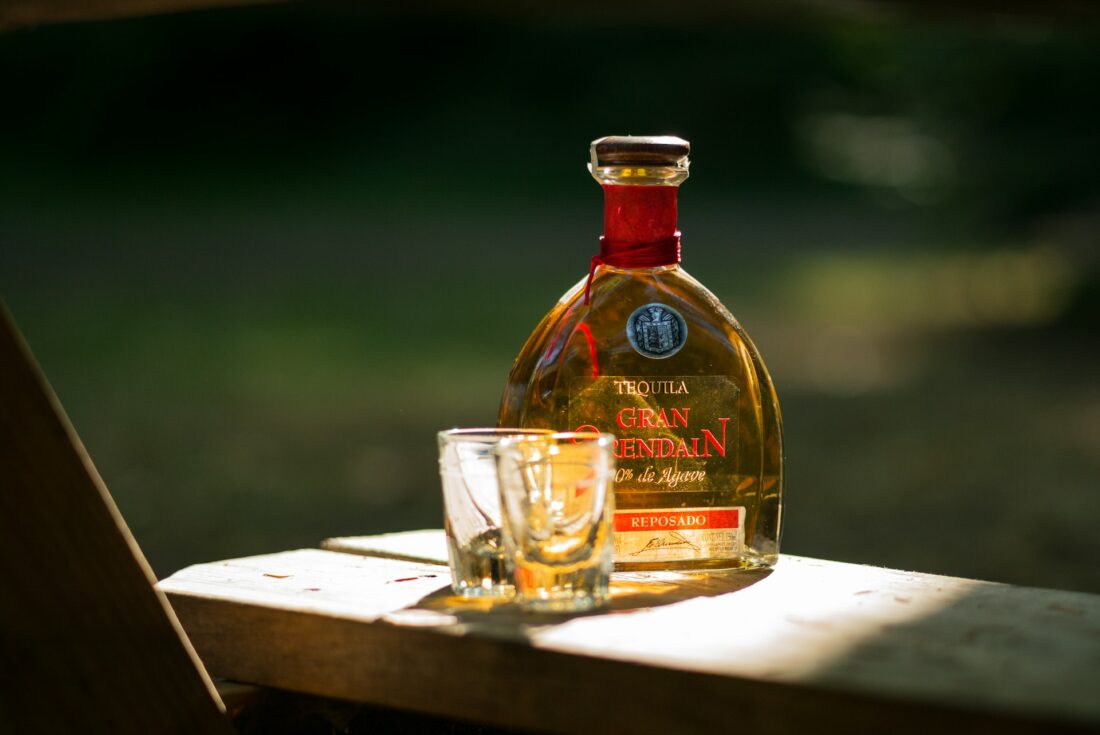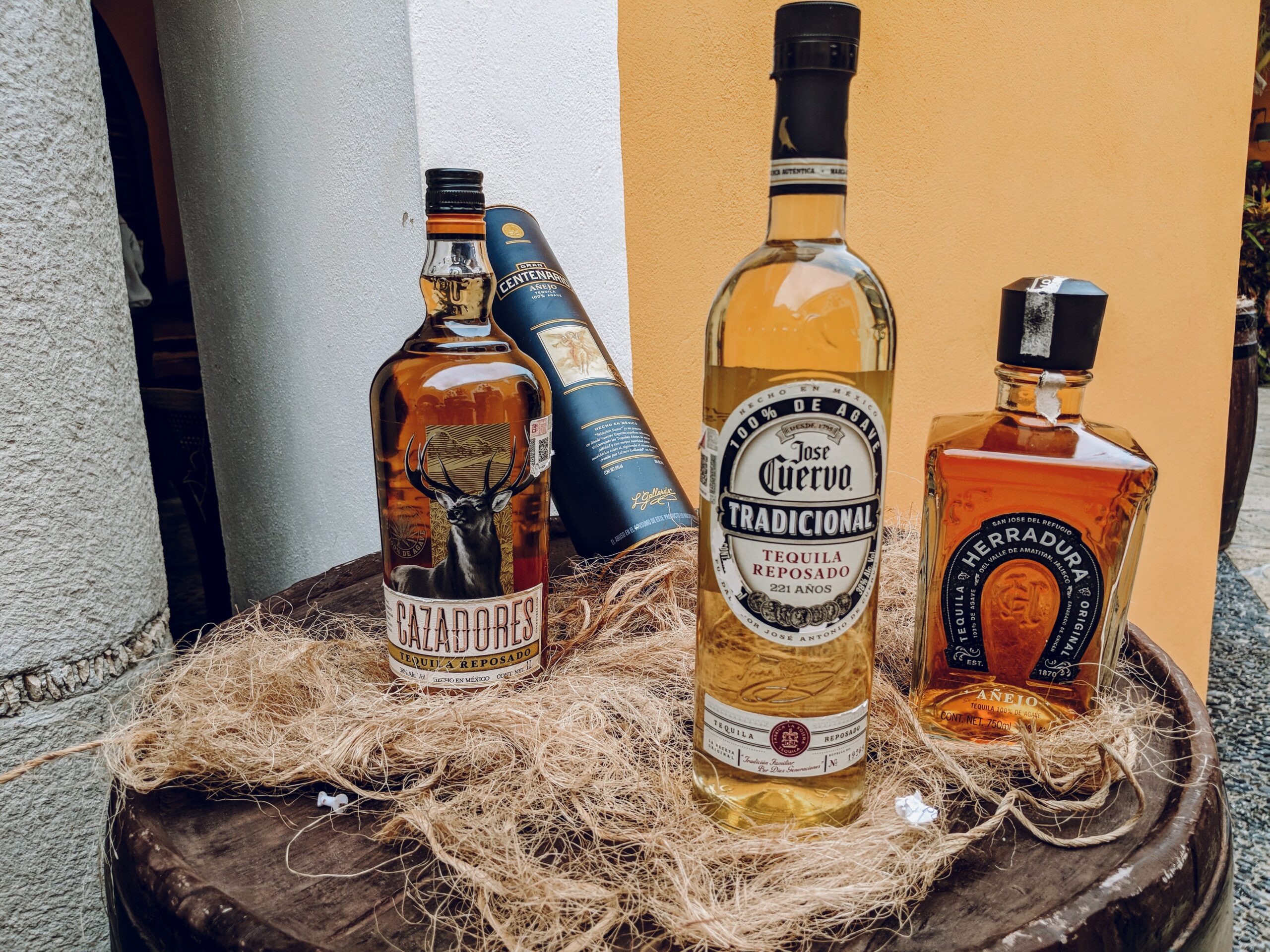
Tequila is a popular alcoholic drink made from the blue agave plant, primarily grown in the area surrounding the city of Tequila and in the Jaliscan Highlands of the central western Mexican state of Jalisco. It is often consumed in shots with salt and lime or mixed into cocktails like margaritas. However, many people avoid tequila due to its reputation for causing severe hangovers.
The question of whether tequila gives you a hangover is a matter of debate. While some people swear that tequila is the worst culprit for hangovers, others claim that it is no worse than any other type of alcohol. There are several factors that can contribute to the severity of a hangover, including the amount of alcohol consumed, the quality of the alcohol, and individual differences in metabolism and sensitivity. In this article, we will explore the science behind tequila hangovers and whether or not they are worse than other types of alcohol.
Table of Contents
Understanding Hangovers
Hangovers are a common experience for many people who consume alcohol. A hangover is the result of the body’s reaction to alcohol and its byproducts. While the severity of a hangover can vary from person to person, most people experience some level of discomfort after a night of drinking.
Causes of Hangovers
The primary cause of a hangover is the consumption of alcohol. When alcohol is consumed, it is processed by the liver and broken down into acetaldehyde, a toxic byproduct that can cause headaches, nausea, and other symptoms associated with a hangover.
Other factors that can contribute to a hangover include dehydration, which can occur when alcohol causes the body to lose fluids. Additionally, the presence of congeners, which are byproducts of the fermentation process in alcohol, can contribute to the severity of a hangover. Darker alcohols such as red wine, whiskey, and tequila tend to have higher levels of congeners and may lead to more severe hangovers.
Symptoms of Hangovers
Hangover symptoms can vary widely from person to person, but some common symptoms include headaches, nausea, fatigue, and sensitivity to light and sound. Other symptoms can include dehydration, muscle aches, and a general feeling of malaise.
 photo credit: www.pexels.com
photo credit: www.pexels.com
Tequila and Hangovers
Tequila’s Unique Properties
Tequila is a type of alcohol that is made from the blue agave plant. It is a popular drink among many people, but it is also known for causing hangovers. One of the unique properties of tequila is that it contains a high amount of congeners, which are byproducts of the fermentation process. Congeners are known to contribute to the severity of hangovers. In fact, a 2021 study found that participants who drank congener-free vodka still had congener metabolites, including methanol and propanol, in their urine. Therefore, it is safe to say that the high concentration of congeners in tequila is one of the reasons why it causes hangovers.
Another unique property of tequila is that it is often consumed with salt and lime. The salt is meant to enhance the flavor of the tequila, while the lime is meant to neutralize the taste of the salt. However, the salt and lime can also contribute to hangovers. Salt can cause dehydration, which is a common symptom of hangovers. Lime, on the other hand, is acidic and can irritate the stomach lining, which can also contribute to hangovers.
Comparing Tequila to Other Alcohols
When it comes to comparing tequila to other alcohols, it is important to note that all types of alcohol can cause hangovers. However, some types of alcohol are more likely to cause hangovers than others. For example, darker alcohols such as whiskey, brandy, and red wine contain higher amounts of congeners than lighter alcohols such as vodka, gin, and white wine. Therefore, darker alcohols are more likely to cause hangovers than lighter alcohols.
In terms of alcohol content, tequila typically has an ABV of 40%, which is similar to other spirits such as vodka, rum, and whiskey. Therefore, consuming the same amount of alcohol from tequila as from any other alcoholic beverage is likely to result in similar hangover symptoms. However, it is important to note that the amount of alcohol consumed is a key factor in determining the likelihood and severity of a hangover. Drinking in moderation and staying hydrated can help prevent hangovers, regardless of the type of alcohol consumed.
Preventing Hangovers
Hangovers can be unpleasant, but there are ways to prevent them. Here are some tips to help:
Hydration
One of the main causes of hangovers is dehydration. Alcohol is a diuretic, which means it makes you urinate more often and lose fluids. To prevent dehydration, it is important to drink plenty of water before, during, and after drinking alcohol. A good rule of thumb is to drink a glass of water for every alcoholic drink consumed. This can help reduce the severity of hangover symptoms.
Moderation
Drinking in moderation is key to preventing hangovers. The more alcohol consumed, the more severe the hangover symptoms can be. The National Institute on Alcohol Abuse and Alcoholism defines moderate drinking as up to one drink per day for women and up to two drinks per day for men. It is important to know your limits and stick to them.
Nutrition
Eating a healthy meal before drinking can help prevent hangovers. Foods high in protein and healthy fats can help slow down the absorption of alcohol into the bloodstream. It is also important to avoid drinking on an empty stomach, as this can lead to faster absorption of alcohol and more severe hangover symptoms.
In addition to these tips, choosing types of alcohol with fewer congeners can also reduce hangover symptoms compared to alcohols with higher congeners. Clear liquors, such as vodka and gin, tend to cause hangovers less frequently than dark ones, such as whiskey, red wine, and tequila. However, consuming the same amount of alcohol from tequila as from any other alcoholic beverage is likely to have similar effects on the body.
Frequently Asked Questions
What makes tequila different from other alcohols in terms of hangovers?
Tequila is made from the blue agave plant, which contains natural sugars that can cause a spike in blood sugar levels. This can lead to dehydration, which is a primary cause of hangovers. Moreover, tequila contains congeners, which are toxic substances produced during the fermentation process. Congeners can contribute to the severity of a hangover.
Is it true that some people experience fewer hangovers with tequila compared to other alcohols?
There is no scientific evidence to support the claim that tequila causes fewer hangovers than other types of alcohol. However, some people may find that they experience fewer hangovers with tequila because they tend to drink it in moderation and with fewer sugary mixers.
Are there any tips to avoid a hangover when drinking tequila?
The best way to avoid a hangover when drinking tequila is to drink it in moderation and with plenty of water. It is also important to avoid sugary mixers, which can cause a spike in blood sugar levels and contribute to dehydration. Eating a meal before drinking can also help to slow down the absorption of alcohol into the bloodstream.
Does the aging process of tequila affect the likelihood of a hangover?
The aging process of tequila does not affect the likelihood of a hangover. However, aged tequila tends to have a smoother taste and is often sipped rather than consumed quickly, which can help to reduce the likelihood of a hangover.
What are some common causes of hangovers and how can they be prevented when drinking tequila?
Common causes of hangovers include dehydration, inflammation, and the buildup of acetaldehyde in the body. To prevent a hangover when drinking tequila, it is important to drink plenty of water, avoid sugary mixers, and eat a meal before drinking. It is also important to drink tequila in moderation and avoid drinking on an empty stomach.
Conclusion
Tequila is a popular alcoholic beverage that is enjoyed by many people around the world. However, it is also known for causing hangovers. The severity of a tequila hangover varies depending on several factors, including the amount of tequila consumed, the age, gender, and overall health of the individual.
While tequila can cause hangovers, drinking in moderation and choosing high-quality tequila can help reduce the severity of a hangover.
Related Posts
If you’re interested in learning more about whiskey and other alcoholic beverages, here are some related posts you might find interesting:
- What Does Bottom Shelf Whiskey Mean? Explained.: This post explains what bottom shelf whiskey is and how it differs from other types of whiskey.
- Evan Williams Bourbon Whiskey Price: Everything You Need to Know: This post provides information about the popular brand of bourbon whiskey, Evan Williams.
- How to Enjoy Whiskey Without the Burn: Tips and Tricks: If you’re new to whiskey or find it difficult to drink, this post provides tips and tricks to help you enjoy it without the burn.
- Basil Hayden Dark Rye Price: How Much to Expect for this Premium Whiskey: This post provides information about Basil Hayden Dark Rye, a popular whiskey among enthusiasts.
- How to Easily Open Knob Creek Bottles: Tips and Hacks: If you’re having trouble opening a bottle of Knob Creek bourbon, this post provides tips and hacks to make it easier.



